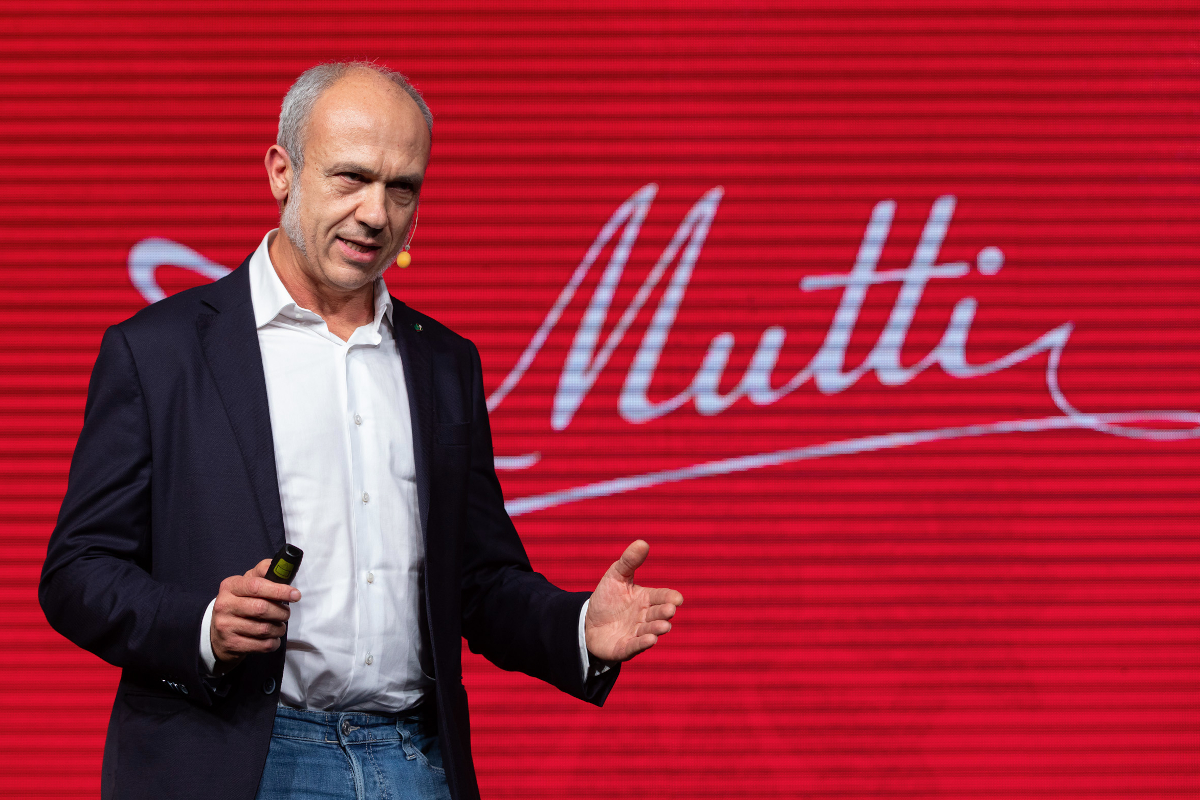
According to the Financial Times, China’s exports of tomato paste to industry powerhouse Italy have collapsed this year after an outcry over alleged use of forced labour in Xinjiang and complaints about misleading origin labelling by some Italian companies.
The western Chinese region of Xinjiang dramatically increased tomato cultivation and processing in recent years, but slumping sales to Italy and other western European markets have left it sitting on a vast stockpile of unsold paste, industry analysts say.
Italian farming association Coldiretti has led a high-profile campaign to defend the national staple red fruit against an influx of Chinese paste costing less than half of that made from their farmers’ crops.
Francesco Mutti, CEO of Mutti Spa, welcomed the sharp reduction in Chinese tomato concentrate imports, calling it “a significant development for the entire supply chain and for Made in Italy.” He noted that the 76% drop in imports represents “a clear acknowledgment of the strength of Italy’s tomato industry and of the solid, authentic values that underpin it,” emphasizing the sector’s commitment to farmers, product origin, and full traceability. Mutti urged Italian institutions to “maintain this momentum by tackling unfair competition and labor practices that we consider unacceptable,” adding that stronger oversight and clearer origin labeling will be essential to protecting the market.

Tomato News, which tracks the global processing industry and trade, estimates China has a stockpile of 600,000 to 700,000 tonnes of tomato paste — equivalent to roughly six months of its exports. While China’s total tomato paste exports by volume fell 9 per cent year-on-year in the third quarter of 2025, sales to western EU countries dropped 67 per cent, and Italy’s purchases were down 76 per cent, Tomato News said. “Clearly Europe has become a difficult place to export to,” said Martin Stilwell, President of Tomato News. Chinese customs data shows the value of processed tomato exports to Italy plunged to less than $13mn in the first nine months of 2025 from more than $75mn in the same period of last year.
Tomatoes, which were introduced to China after European colonization of the Americas, play a relatively minor role in Chinese cuisine. One of the Chinese names for the fruit can be translated as “foreign aubergine”, while the other means “western red persimmon”. Nonetheless, China has turned Xinjiang, home to the mainly-Muslim Uyghur minority, into a low-cost, export-oriented tomato paste production hub spearheaded by large state companies, one of which is a subsidiary of the paramilitary Production and Construction Corps that helps run the region.
China processed 11mn tonnes of fresh tomatoes into paste in 2024, up from 4.8mn tonnes in 2021, according to Tomato News. With European demand collapsing, the Asian nation has more than halved the volume of the fruit processed to an expected 3.7mn tonnes this year, Stilwell said.
Xinjiang’s tomato industry has been dogged by allegations of the use of forced Uyghur labour. In 2021, the US banned tomato paste imports from Xinjiang, citing such concerns. Beijing says the accusation that forced labour is used in Xinjiang is “entirely a lie fabricated by anti-China forces” that has been “debunked by facts”. A BBC documentary last year alleged some Uyghur prisoners and detainees were forced to harvest tomatoes that may have wound up, via Italy, on UK supermarket shelves. The report prompted retailers fearful of a scandal to put pressure on Italian processors not to use Chinese paste.
